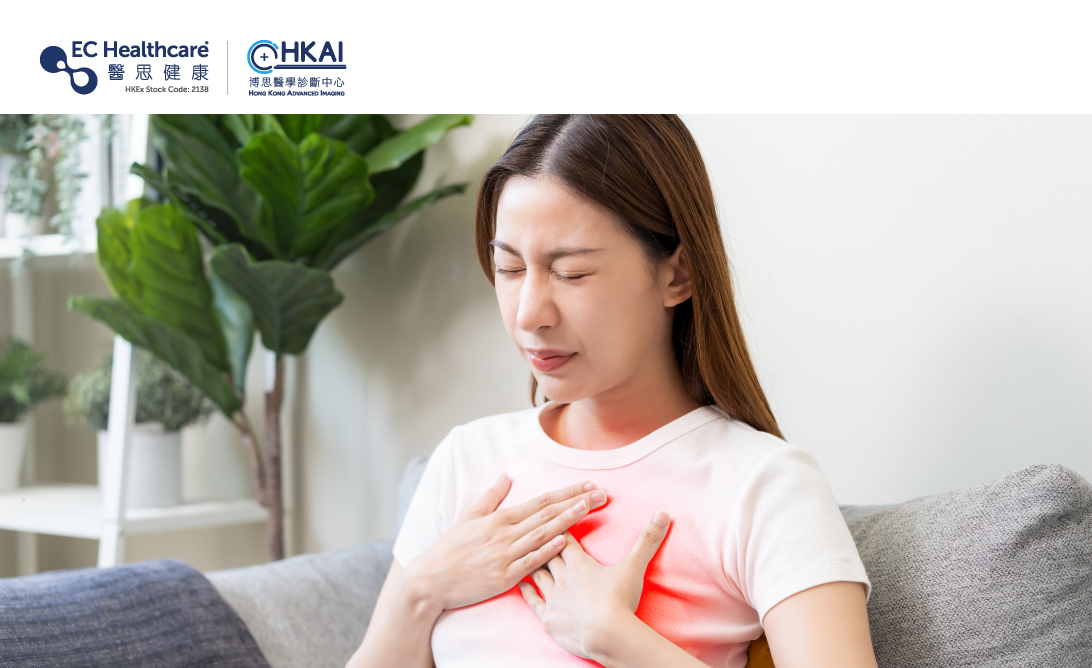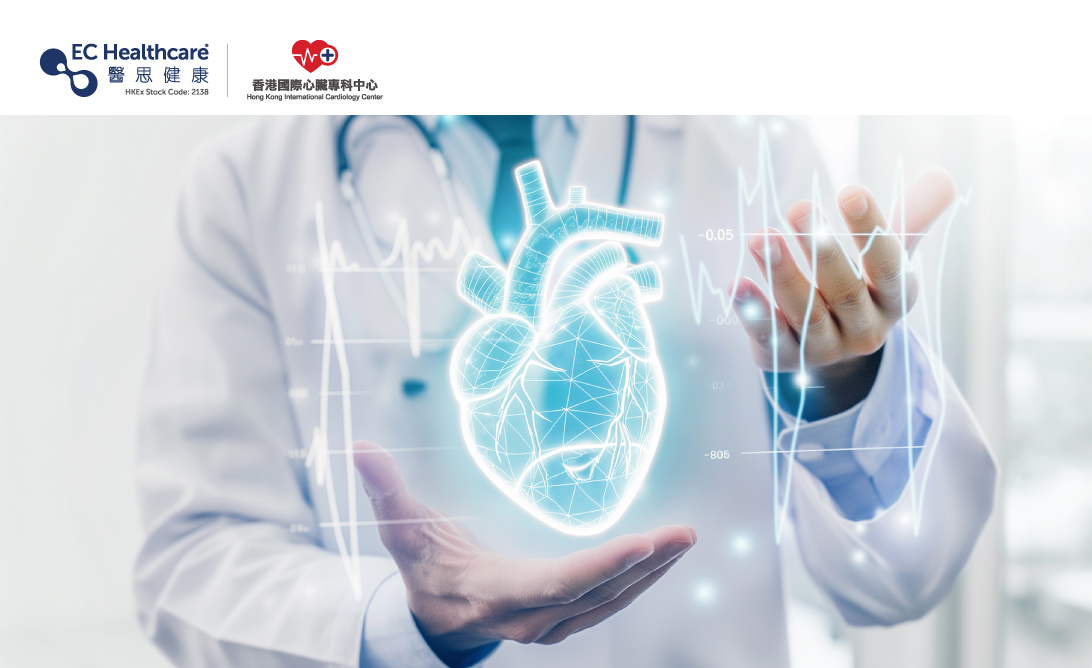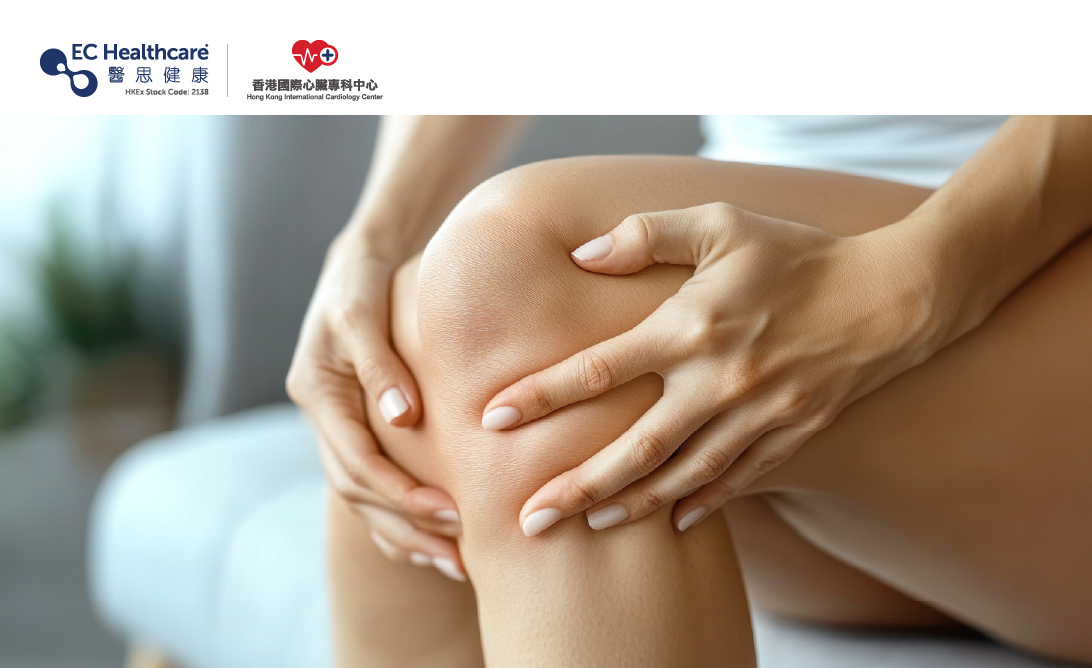Acute heart disease is prone to occur in summer! 3 tests can prevent myocardial infarction


There are many news reports of sudden death due to acute heart disease in winter, which makes many people think that they need to pay more attention to their heart health when the weather is cold. In fact, summer is also a period of high incidence of acute heart disease, especially when the temperature is higher than 30°C or above!

There are different types of acute heart disease in winter and summer
In winter, due to vasoconstriction, the human body is less likely to absorb water and perspire, blood pressure rises, and the blood vessel walls are continuously stimulated, making it prone to acute heart diseases such as myocardial infarction, arrhythmia, heart failure, and pericardial tissue inflammation.
But in summer, high temperatures will dilate blood vessels, increase blood flow, and increase the load on the heart. Heat makes it easier for people to lose water. Low water content in the body result in high blood concentration, and viscosity is increased, which increases the risk of coronary artery and blood vessel thrombosis leading to myocardial infarction, coronary embolism or stroke. It is said that when the weather temperature exceeds 31.5°C, the risk of myocardial infarction will increase by about 30%, and the overall risk of death will also increase by 3%!
Myocardial infarction can be fatal
Regardless of the weather, most causes of myocardial infarction are related to coronary arteries. The coronary arteries are arteries located on the surface of the heart and are responsible for supplying blood, oxygen and nutrients to the heart muscles. The coronary arteries will degenerate with age, high cholesterol, smoking habits and other factors.
When blood clots or atherosclerosis caused by the accumulation of cholesterol, fat and other substances appear in the coronary arteries, they can cause blood vessel obstruction and affect blood flow. The heart muscle is damaged or necrotic due to the inability to get enough blood, oxygen and nutrients, which can kill a person in a short period of time.
3 examinations to prevent myocardial infarction
Myocardial infarction is an acute and serious heart disease. Many patients do not notice the symptoms of chest pain, chest tightness, and difficulty breathing. However, blood vessel obstruction is not caused in an instant, but occurs gradually. Therefore, it is advisable to undergo regular heart examinations before the blood vessels are completely blocked and myocardial infarction occurs.
The following 3 types of examinations can help monitor the health of the heart and blood vessels and prevent hidden heart diseases:
Electrocardiogram: Resting electrocardiogram is a type of electrocardiogram that is commonly used to examine the current generated by heart activity to provide a preliminary understanding of the heart rhythm and whether there are any abnormalities in the heart in a static state. If necessary, the doctor will arrange an exercise electrocardiogram for further examination. The patient needs to exercise according to the instructions to monitor the condition of the subject as the heart's demand for oxygen increases.
Cardiac ultrasound: Uses high-frequency sound waves to generate real-time images of the heart structure, which can detect heart size, contraction, heart valves, myocardial function and cardiovascular conditions.
CT Coronary Angiogram: Using X-rays to scan the heart and cardiovascular systems, the entire structure of the heart and coronary arteries can be collected to determine whether there is stenosis or obstruction in coronary arteries and other blood vessels.






